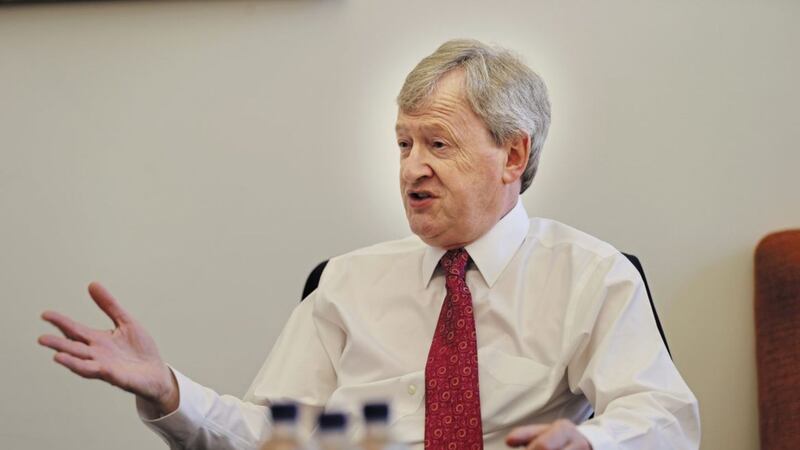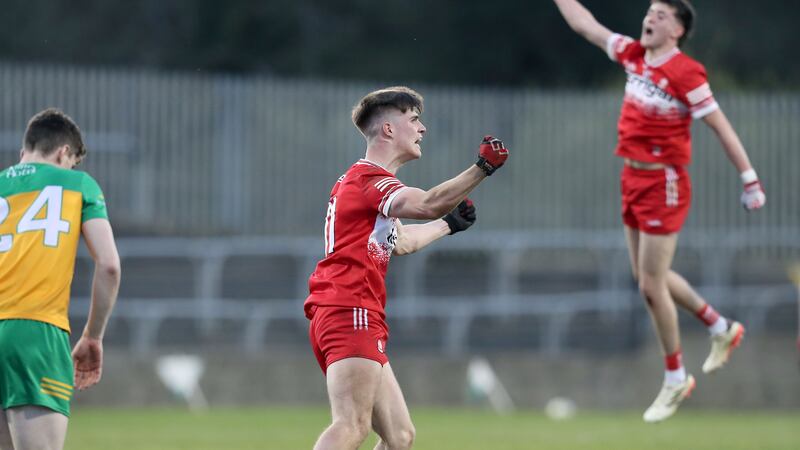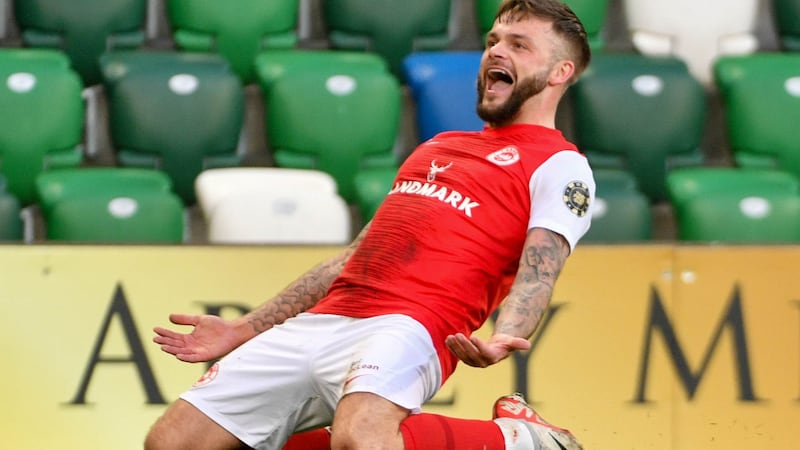THE day before Páraic Duffy stepped into office as GAA director general, Liam Mulvihill was packing up his things after 28-and-a-half years.
The Longford man left his successor with a warning. In his final interview on the final day of January 2008, Mulvihill remarked on the worrying divide that was growing between inter-county and club players.
“The nature of our competitions today have created a position where our inter-county players are almost exclusively playing with their inter-county team during the best part of the year and a club is lucky to get those players for their own championship games,” he said.
“In leagues generally the county players don’t play with their club for the most part. That’s a pity and has created to a certain extent a ‘them and us’ situation.
“In no uncertain terms we have been told by our clubs strongly to the effect that they wanted to have their players available to them more often.
“There was a danger of a gulf being created, but Páraic’s appointment has helped in that regard and a raft of player-centred initiatives have been put into effect for both county and club players, and there are going to be plenty more in the pipeline.”
A decade on, that same issue has been a central theme of the background to Duffy’s final weeks, months and even years in office.
It has not been a problem of his making – but that underlines the central issue with his entire tenure.
If you’re of a certain mind, you could argue it’s been a job well done on the sole basis of an organisation stabilising through a horrendous recession and coming out the other end with a healthy glow.
If you look into the GAA’s house through that one window, you’ll see a picture of modernity and comfort, even lavishness.
But it’s like a couple that took enough of a mortgage to buy a house and only had enough left to do up one room to perfection.
The rest of the house is an empty shell covered in boxes and sawdust.
Money was the root of all evil long before Duffy took command and the rampant capitalism running through Ireland during the boom years would have been hard to keep from the doors of Croke Park by anybody.
But he had to try.
What it required was steel, stubbornness and a willingness to be unpopular if it meant doing the right thing.
The most obvious example to the contrary is the Sky deal.
It, rather than the ‘Super Eight’, may yet be his legacy because almost four years on, it remains a serious gripe.
He had said just a year previous that putting games behind a paywall wasn’t an option for the GAA because the organisation “belonged to everybody”.
Twelve months later, a deal was signed that worsened the situation for ex-pats in Britain, who could previously have accessed games on Premier Sports for a third of the price.
It also completely ignored Gaels in the northern six counties, whose issues pre-date him taking office but who also find themselves worse off now.
The GAA knew fine well when they signed away the UK rights to an international broadcaster that it would again impact on those up here who are living, willingly, on the island of Ireland, but carrying British IP addresses, and therefore unable to access RTÉ’s online content.
The GAA should never have created a separate rights package for the UK in the first place, and Duffy can’t be blamed for that.
But if the Sky deal had ever really been about promoting the games, they might have looked to the youth in six of their own counties before sorting out the rest of the world.
Alas, it was never about the promotion and more about getting the right price.
After that decision was made, it became very difficult to believe the rationale we were given for anything else.
It’s why some people railed so hard against the ‘Super Eight’. Not because it was a bad idea.
In fact, in isolation, it was a very good one.
But it was being sold on the premise of being good for the clubs, even though they were bad for clubs and visibly walked the GAA further into the jaws of that trap Liam Mulvihill had warned about.
There are growing examples all around.
Take last week in Mayo. Regarded as one of the better counties on the subject of club fixtures, they took their bite out of the pie.
As they look at it, everyone else is having some, why shouldn’t they?
Their Competition Control Committee has pencilled in a gap of almost five months between the first and second rounds of their club championship, and increased the number of club league games where clubs definitely wouldn’t have access to county players from six to eight.
The central idea of the club game has been whittled down to such an extent that they now refer to it only in the context of club championship, as if inter-county players playing in club leagues were some alien concept.
Much is being said and written about what the new director general must do but it is difficult to reverse a speeding train.
When big money is being made, it is being invested or promised.
Most tellingly, jobs come to depend on it, into the hundreds and thousands.
The GAA centrally now spends over €10m a year on administration and wages, not to mention what provincial bodies and county boards add to that.
How does the new director general fix that without damaging the relationship with the public?
Little or none of the angst was Páraic Duffy’s own personal doing but his job should have been to stop it.









